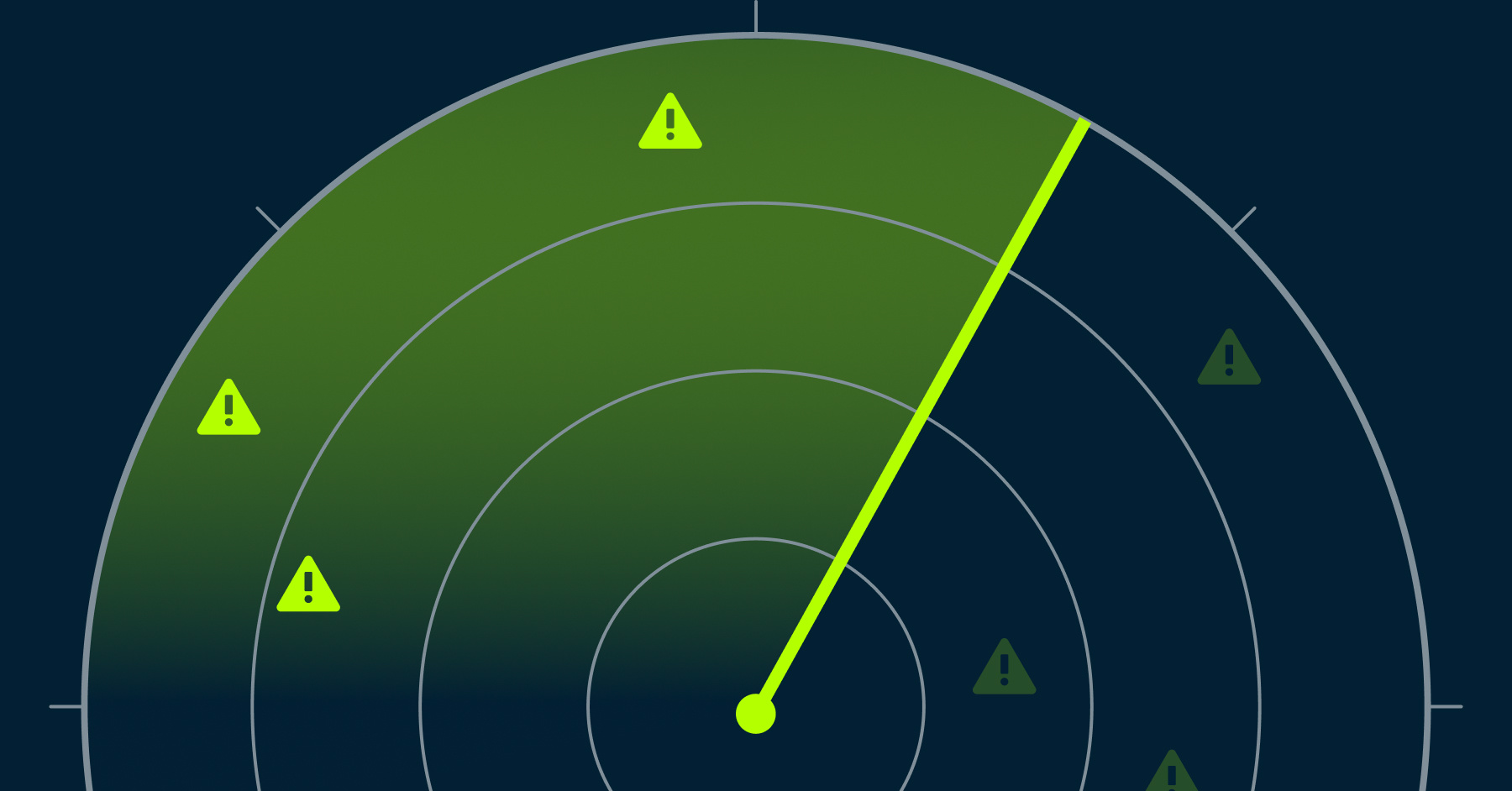Safeguarding exchanges: Proactive security vs. reactive recovery

Since the start of 2024, around $664.4 million worth of cryptocurrencies have been stolen, with many of these taking place on exchanges. In most scenarios, an exchange is unable to recover the stolen funds or may only be able to recover a portion of them. In one of the largest hacks in crypto history, Mt. Gox in 2014, hackers stole over 850,000 bitcoins (worth billions of dollars today). The exchange could not retrieve the funds and eventually filed for bankruptcy. The big question now is, how can exchanges today avoid a similar fate?
Why reactive recovery of funds is a complex and risky business
Relying on the expensive and time-consuming task of recovering funds if they are stolen is not in the best interest of your exchange’s operational efficiency. When your exchanges funds are stolen, recovery is a tricky process and is never guaranteed. Should you then be able to trace the funds back to the hacker via a recovery firm, you are looking at hefty recovery fees and involvement with law enforcement.
Not only is this process extremely time-consuming, but also does not guarantee receipt of the funds at the end. Being hacked can damage your exchanges reputation and trust with users, and the longer it takes to retrieve the funds stolen in a hack, the worse your exchanges image becomes globally. Implications following a security breach can affect every aspect of your business operations, requiring significant time and effort to rectify.
Financial loss and reputational damage
Loss of user’s funds or the business’ operating funds is the immediate consequence of a hack. The exchange is liable for any stolen funds being held on behalf of their users, leading to significant financial losses. On top of this, when users lose their crypto due to a hack, - customers might hesitate to use the platform again in the future in fear of a repeat incident. This can lead to a decline in user base trading volume, further impacting the exchange’s bottom line.
Regulatory scrutiny and potential fines
Crypto exchanges are already under scrutiny of regulatory bodies. A hack without the ability to recover funds can trigger tighter controls, enforcement of audits and investigations into the business. On top of that, hefty fines can be given to exchanges who’re deemed to have inadequate security measures. If an exchange has already been hacked, they might face higher insurance premiums due to the increased risk profile post-hack.
Why Proactive Security is a more efficient approach
The impact of a hack can be catastrophic for an exchange. The time and cost required to rebuild –global trust and operations after such an incident are enormous. This alone, proves the inherent risks of blockchain are too large for one business to solely be responsible for, regardless of whether the funds are recovered.
Therefore, a proactive approach to protection against these risks is essential in ensuring the operational efficiency of an exchange. Using Coincover provides the best defence in Blockchain, offering a prevention and cure approach. Dedicated to establishing a secure environment for crypto users, Coincover empowers your exchange to thrive securely in a web3 world.
Introducing Coincover Protection to your exchange’s security tech stack will help mitigate the risks that could potentially lead to a hack. By offering unmatched protection through real-time threat detection, advanced analytics, and military-grade encryption, Coincover ensures exceptional prevention and, in rare cases, insurance-backed warranty* as a cure. With multi-regional coverage, your assets will be protected wherever you, your regulators, and your users operate.
What does using Coincover look like for your exchange?
By using Coincover to protect your operating funds and user funds, you can streamline the operations and ensure optimal efficiency. Our risk engine is exceptionally quick, providing near-instant responses consistently in less than a second. This rapid response is facilitated through our API, which will seamlessly integrate with your transaction processes by reading necessary data points.
The more transaction history you provide to Coincover, the more accurate and tailored your risk profile becomes. This increased data accuracy can result in more favourable pricing and enhanced claim limits.
Coincover's solution is not only faster and more effective but also easier to implement, compared to in-house alternatives or other market solutions. Building a similar system internally would require extensive resources, including compiling and managing numerous threat databases and handling transaction data across various jurisdictions and customer types. This process is time-consuming and complex, whereas Coincover can be integrated swiftly and efficiently. We handle the heavy lifting for you, ensuring that your exchange can focus on its core operations without the burden of developing and maintaining a sophisticated risk engine.
Crypto exchanges hold a tremendous responsibility – safeguarding the digital wealth of their users and ensuring the efficiency of their operations. Reactive security is a gamble with potentially devastating consequences. A proactive approach, built on robust technology and a commitment to user trust, is the only way forward.
Protect your assets now. Enhance your exchanges operations and improve the efficiency using Coincover. Contact sales at Sales@coincover.com today!
* Coincover’s Protection Platform includes technology that is insured, this does not imply that your purchase of our product includes direct insurance coverage for your assets or operations. The insurance-backed warranty refers specifically to an assurance given to you by Coincover.

